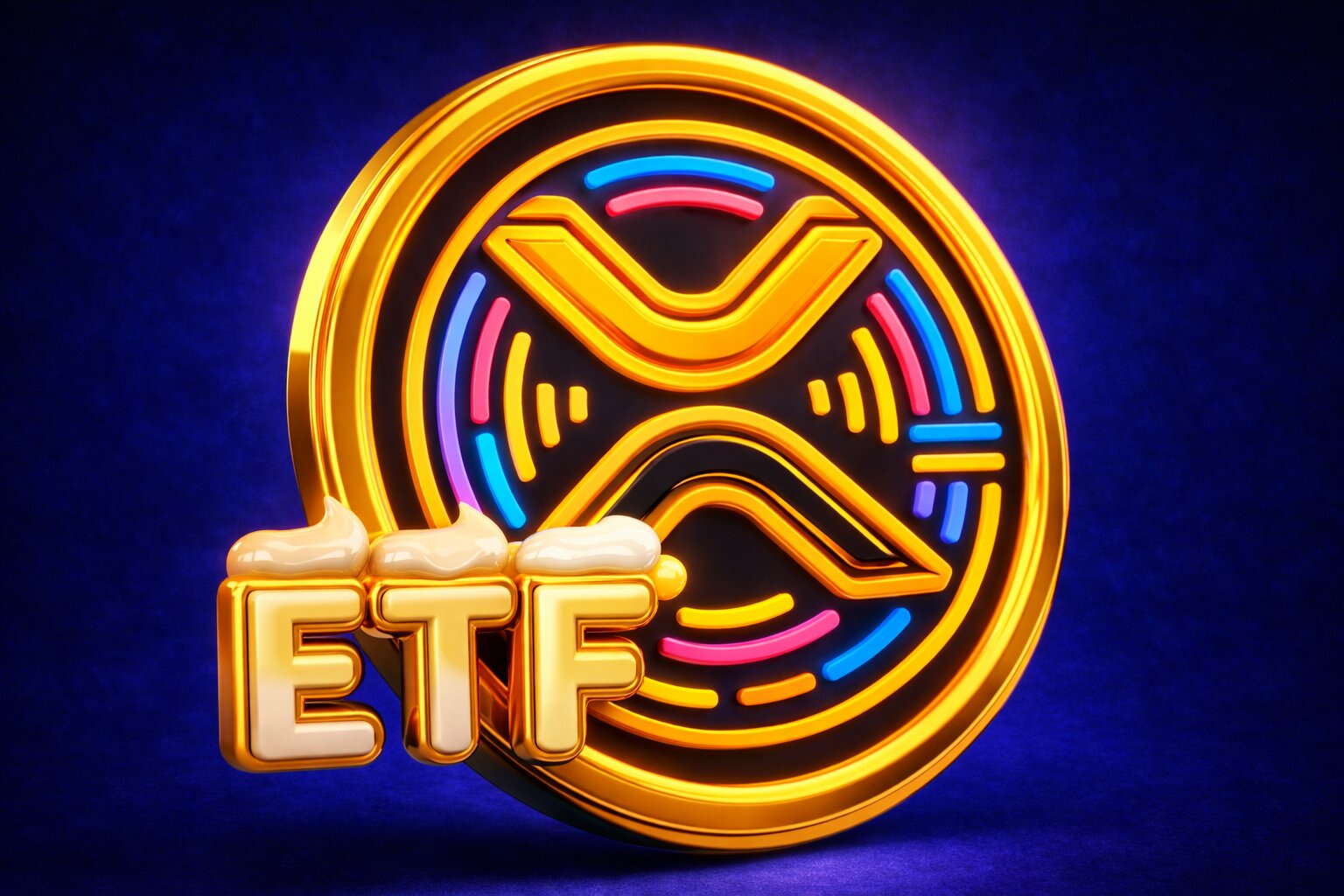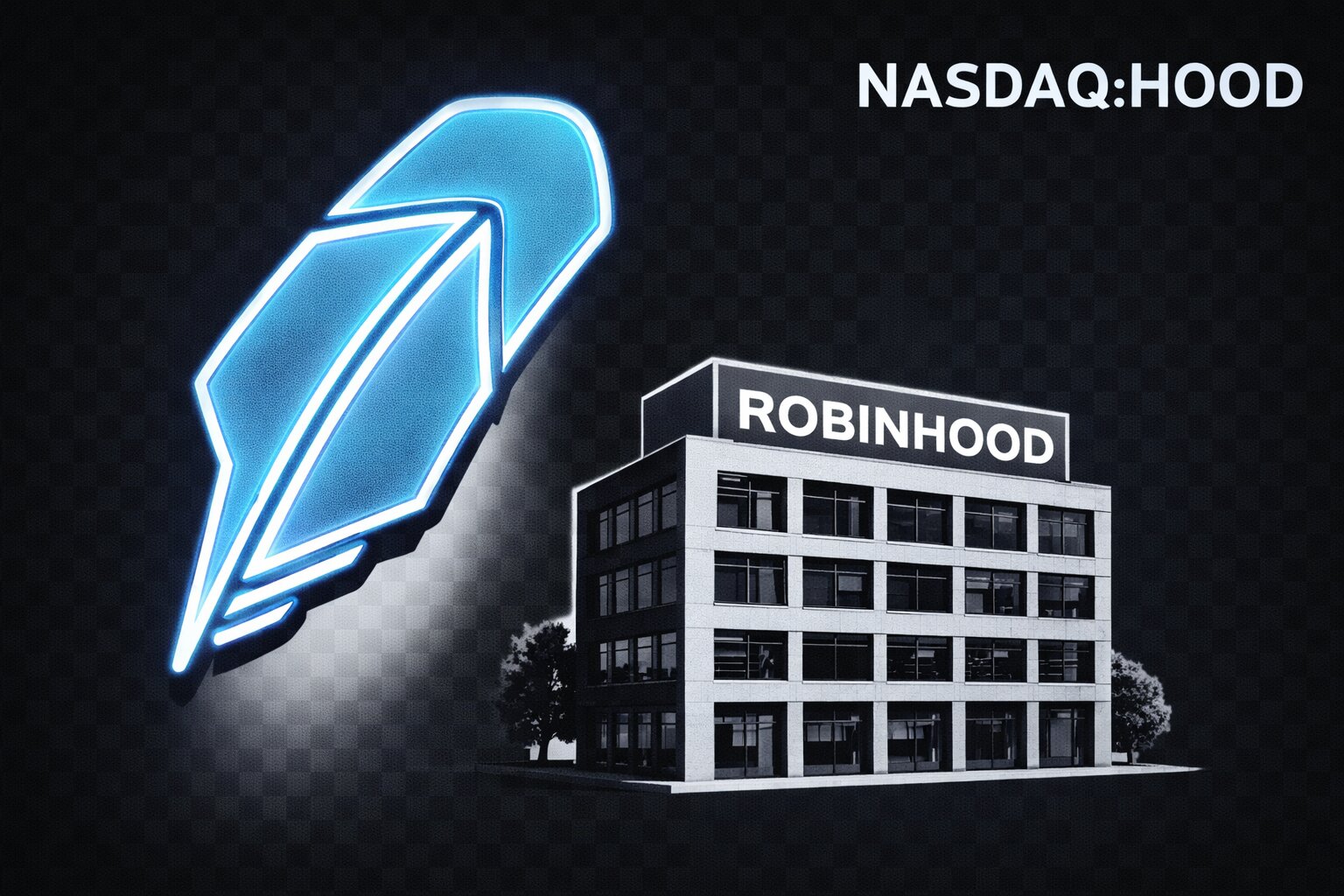
How Did BlackRock Purchased 12,333 Bitcoins
The substantial Bitcoin acquisition marks a shift in BlackRock's viewpoint on cryptocurrencies, highlighting their belief in the transformative potential of these digital assets. Coupled with their ambitious efforts towards a Bitcoin ETF | That's TradingNEWS
In a pivotal step towards cryptocurrency integration, BlackRock, the world's largest asset management firm, has reportedly purchased a substantial 12,333 Bitcoins through MicroStrategy, a business intelligence company led by cryptocurrency advocate, Michael Saylor. Notably, this move represents a paradigm shift for BlackRock whose CEO, Larry Fink, was previously critical of the digital currencies, attributing their popularity primarily to money laundering back in 2017.
The diversification role that crypto can play in investor portfolios has drawn BlackRock's interest, with Fink highlighting that due to its international reach, it can "transcend any one currency". Moreover, the potential reduction in transaction costs further adds to its appeal. The firm's forward momentum is undeterred by the past rejections by the Securities and Exchange Commission (SEC) of dozens of applications for similar funds.
BlackRock has also taken steps towards further involvement in the crypto space by filing for a spot Bitcoin ETF on June 15, emboldening several other financial firms to follow suit. The asset management behemoth's bold move has stirred optimism in Wall Street insiders, with many believing that BlackRock's involvement may finally convince the securities watchdog to permit ETFs tracking the current market prices of cryptocurrencies. The optimism stems from the fact that BlackRock's proposal for a "surveillance-sharing agreement" could help control fraud and manipulation.
However, not everyone is convinced. Some observers believe the proposal lacks the necessary specifics to be effective. Despite this, the SEC has refrained from commenting on BlackRock's application. The firm's clout in the asset management space is significant, being the operator of iShares, the largest U.S. family of ETFs, with nearly $4 trillion in assets under management.
SEC approval of BlackRock's ETF could revolutionize Bitcoin and cryptocurrency markets. Peter Eberle, president and chief investment officer of Castle Funds, declared, "It would absolutely end the crypto winter."
Michael Saylor's MicroStrategy has emerged as one of the most notable institutional players in the crypto market. Between April 29 and June 27, the company purchased the 12,333 Bitcoins for $347 million in cash. As of the latest purchase, MicroStrategy now holds 152,333 Bitcoin, worth over $4.6 billion at current prices.
The Bitcoin purchase comes on the heels of MicroStrategy's announcement of selling $333.7 million of its shares as per a previously disclosed agreement. Despite a slight dip in the firm's share prices during pre-market trading, the company remains one of the largest holders, or HODLers, of Bitcoin.
BlackRock's faith in cryptocurrencies is further cemented by its substantial acquisition of bitcoins through MicroStrategy. Notably, this recent transaction significantly increased BlackRock's ownership in MicroStrategy from 8.10% to 10.96%. The significant stake reflects BlackRock's commitment and belief in the future of Bitcoin, and by extension, other cryptocurrencies.
BlackRock's foray into crypto investing marks a turning point in the digital asset landscape. With their ETF application, BlackRock is proposing a fund that would comply with rules specifically addressing the SEC's concerns. This includes closing loopholes like an absence of a mechanism for ensuring that customer assets cannot be diverted by the exchange to an unauthorized party.
The asset management firm's move into the crypto space has also sparked a domino effect among its competitors. Less than two weeks after BlackRock's filing, rival asset management giant Fidelity refiled paperwork for its Wise Origin Bitcoin Trust, also a spot Bitcoin ETF. Following suit, Invesco and WisdomTree also reapplied in the wake of BlackRock's effort.
The ripple effect extends beyond just ETF applications. A report by Castle Analytics reveals that EDX Markets, with the backing of Citadel Group, Charles Schwab, and Fidelity Digital Assets, has launched an institutional execution-only trading venue and has plans to launch a clearing firm, EDX Clearing, later in 2023. Furthermore, Deutsche Bank intends to offer digital asset custody services to its institutional clients.
These collective actions across multiple industry players could serve to address the SEC's concerns about market manipulation and potential for fraud. If these obstacles are removed, the likelihood of the SEC approving BlackRock's proposal could significantly increase. With this progress, the once elusive goal of a Bitcoin ETF approval seems closer to becoming a reality.
The recent acquisition of 12,333 Bitcoins by BlackRock, the world's largest asset management firm, serves as a clear indication of the company's evolving stance on cryptocurrencies. Notably, this acquisition was facilitated through MicroStrategy, a company led by crypto advocate Michael Saylor and recognized as one of the largest holders of Bitcoin.
This development can be interpreted as a strong signal that BlackRock is doubling down on its belief in the transformative potential of cryptocurrencies. A clear shift can be seen from the company's CEO Larry Fink, who once associated digital currencies with money laundering. However, now, Fink cites the international nature and diversification role of cryptocurrencies as the primary reasons that motivate BlackRock to explore the crypto space.
This marked shift in sentiment isn't happening in isolation. It's also reflected in BlackRock's ambitious efforts towards establishing a Bitcoin ETF, with an application filed with the SEC on June 15. Despite the SEC's history of rejecting similar proposals, the crypto industry sees BlackRock's initiative as an indication of changing times. The company's involvement, coupled with a proposed surveillance-sharing agreement, suggests an innovative approach to assuage regulatory concerns around fraud and manipulation.
BlackRock's proposed ETF is different from its predecessors. It aims to address the specific concerns that led to the rejection of previous applications, such as the lack of a mechanism to ensure that customer assets aren't diverted by exchanges to unauthorized parties.
The approval of a Bitcoin ETF by BlackRock could serve as a major breakthrough for the cryptocurrency market, potentially marking the end of the so-called 'crypto winter.' It would symbolize the official entry of digital assets into the mainstream financial world, opening new doors for investors and legitimizing the asset class in the eyes of traditional financial institutions.
Furthermore, the BlackRock move has spurred other asset management giants to resubmit their Bitcoin ETF applications. Companies like Invesco, WisdomTree, and Fidelity, among others, are following in BlackRock's footsteps, proposing their own solutions to the SEC's concerns.
In conclusion, BlackRock's belief in Bitcoin, reflected in its recent acquisition and persistent efforts towards a Bitcoin ETF, could play a crucial role in shaping the future of the crypto industry. If the ETF application is approved, it could signal a significant shift in regulatory acceptance and open the floodgates for a new wave of institutional investment in cryptocurrencies. BlackRock's actions could well mark a turning point in crypto history, setting the stage for an exciting future for this burgeoning asset class.
That's TraidngNEWS
Read More
-
QQQ ETF Price Forecast - QQQ at $600.91: Nasdaq Growth Weighs Jobs Shock, High Yields and AI Productivity
12.02.2026 · TradingNEWS ArchiveStocks
-
XRPI And XRPR ETF Prices Lag At $7.74 And $11.44 While $1.23B XRP ETF Flows Test A Weak $1.38 Spot
12.02.2026 · TradingNEWS ArchiveCrypto
-
Gold Price Forecast: XAU/USD Guards $5,000 as Wall Street Maps Run Toward $6,100–$7,200
12.02.2026 · TradingNEWS ArchiveCommodities
-
EUR/USD Price Forecast: Can the Euro Clear 1.1900 as Dollar Momentum Fades Below 97?
12.02.2026 · TradingNEWS ArchiveForex


















